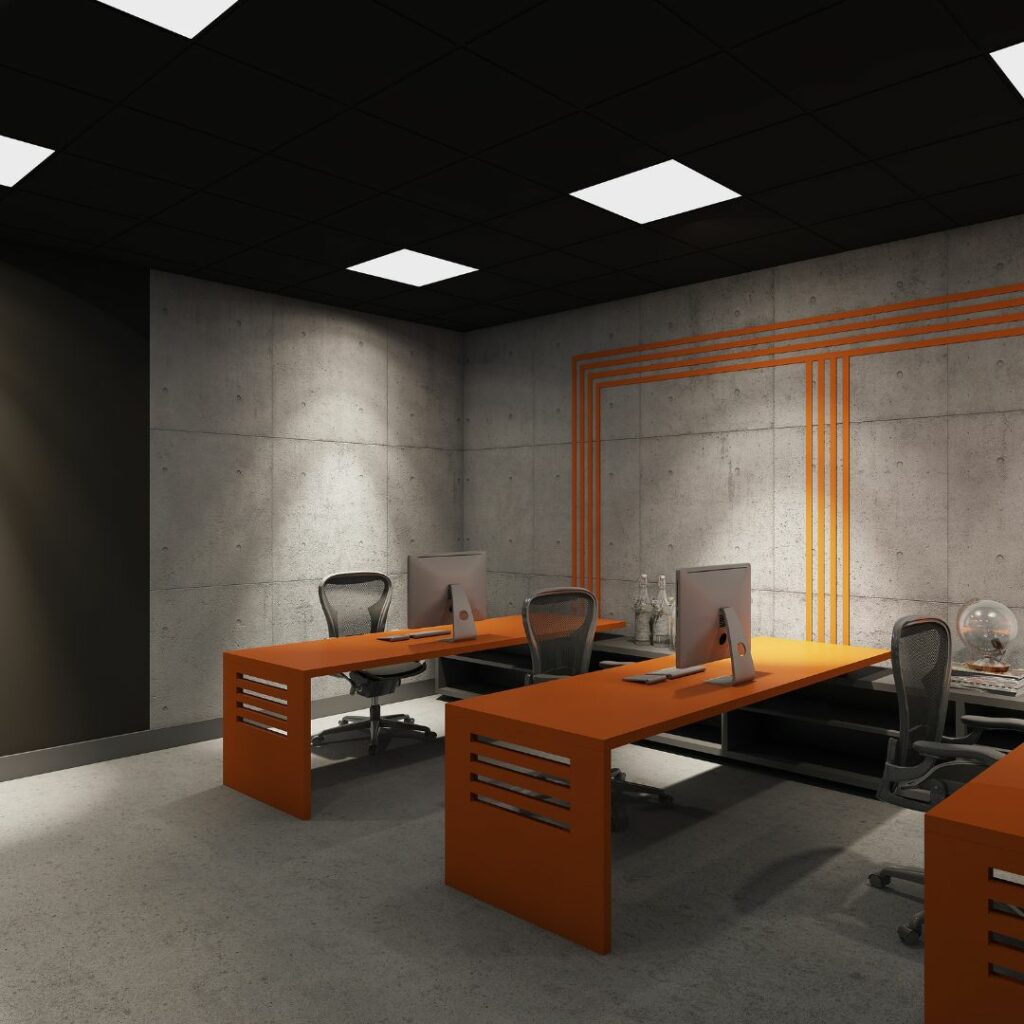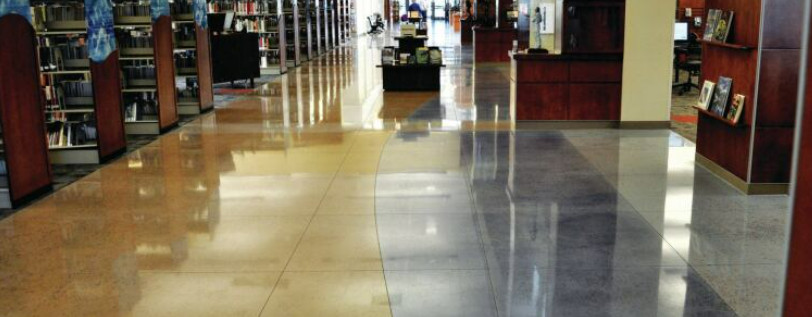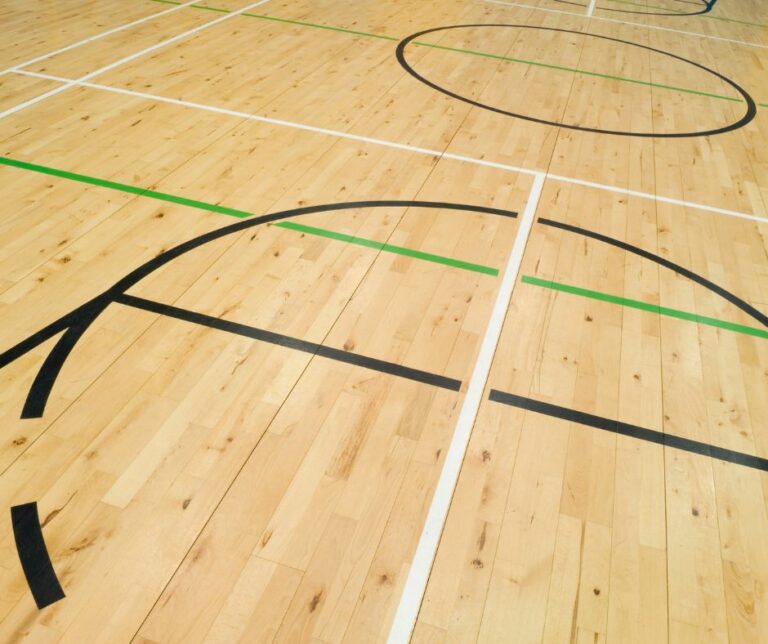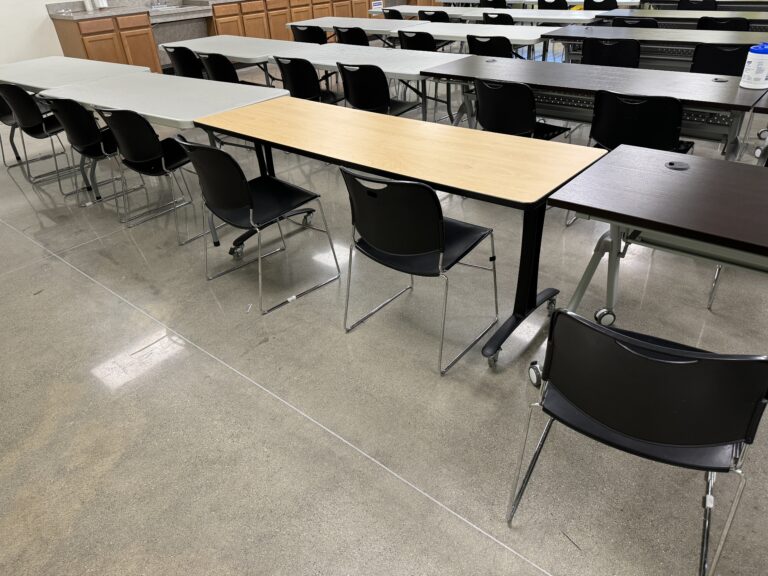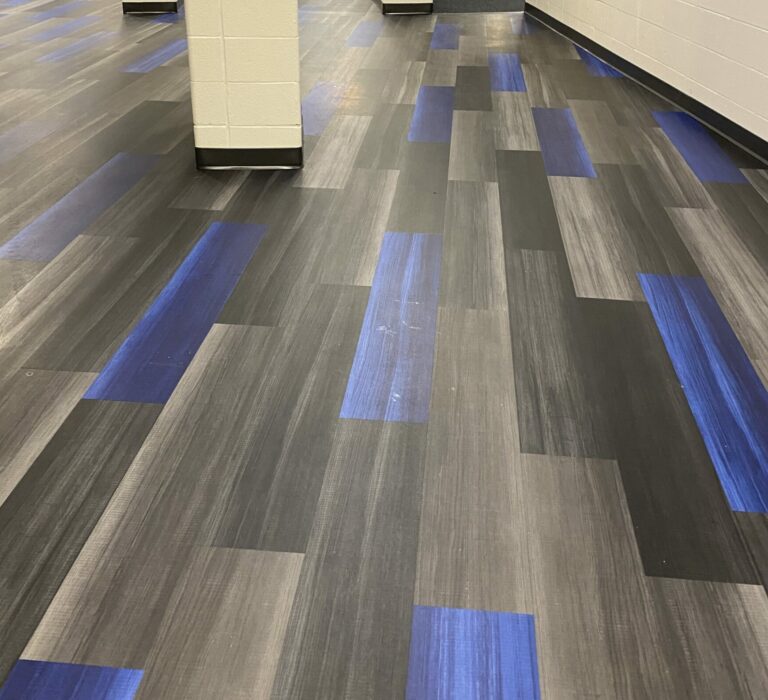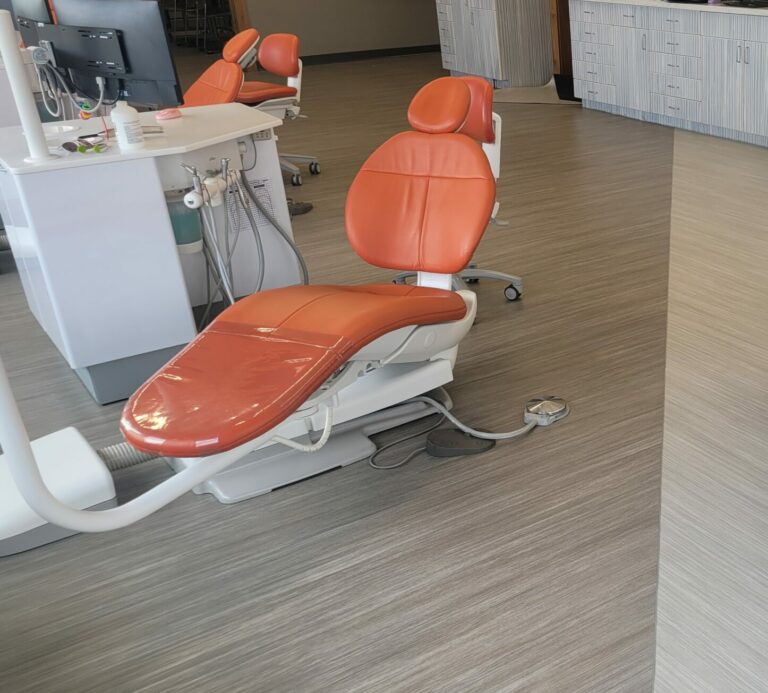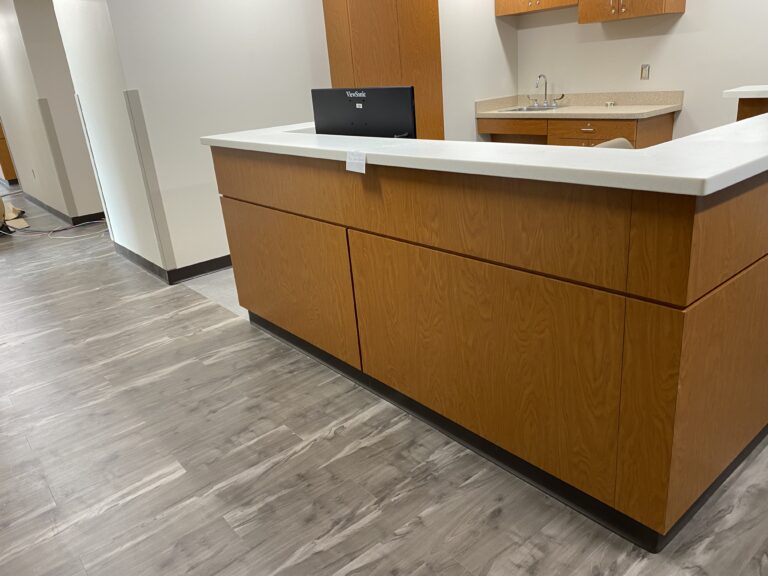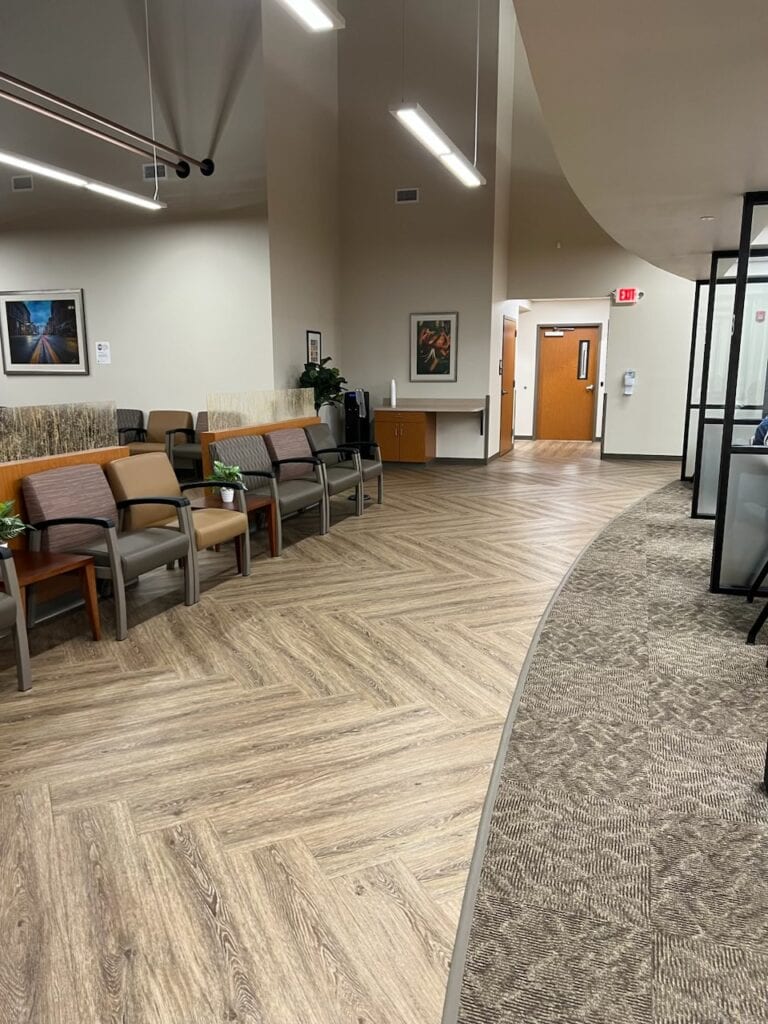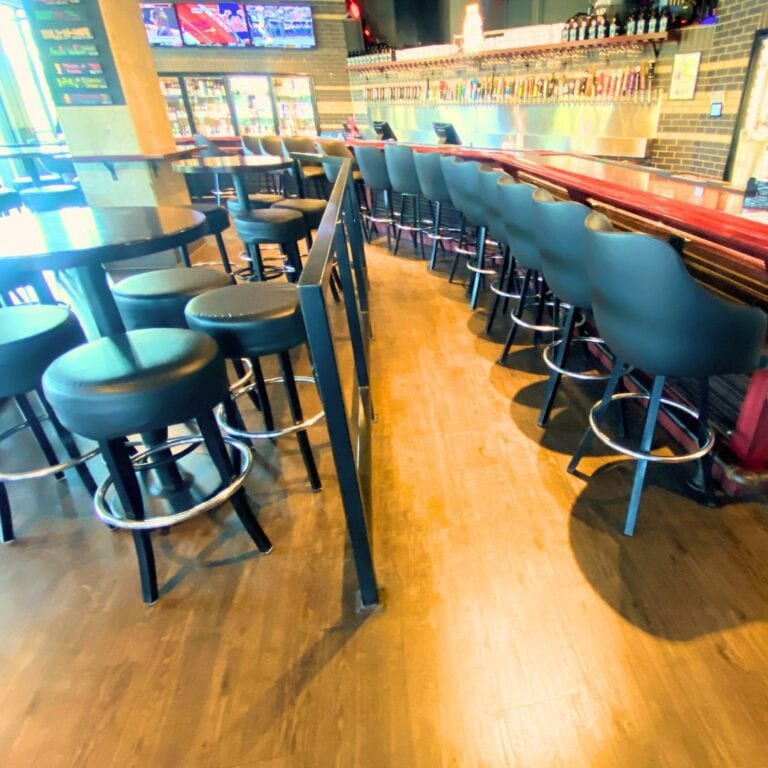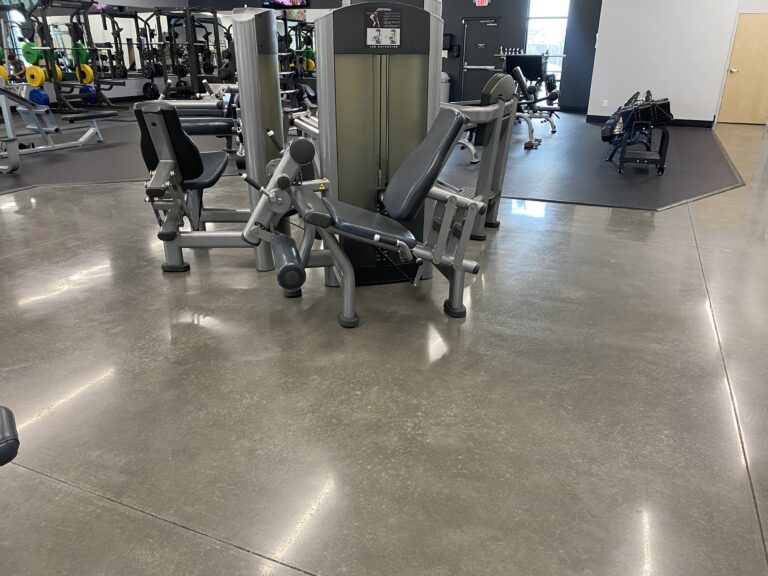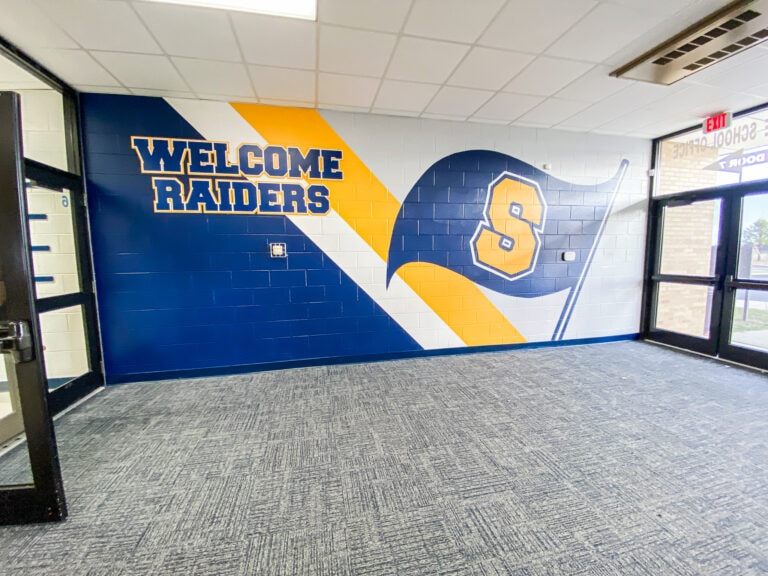As experts in commercial flooring, the Jack Laurie Group knows that choosing the right flooring base is just as important as selecting the right flooring material. A flooring base, also known as a baseboard or skirting, is the trim that is installed at the bottom of a wall where it meets the floor. It is important to know the different types of flooring bases, when it is good to use thick versus thin base, standard sizes, industries that use different thicknesses, and the benefits of different size flooring bases.
Things to Know about Flooring Base:
Flooring base can be made from a variety of materials, including wood, PVC, and metal. They are also available in different shapes and styles, such as flat, rounded, and beveled. When selecting a flooring base, it is important to consider both the aesthetic and functional aspects of the trim. For example, a beveled base may be more visually appealing, but a flat base may be easier to clean.
The thickness of flooring base is typically measured in inches. Thin base is typically around 1/4 inch, while thick base can be 1/2 inch or more. There are certain situations where a thicker base is preferable. For example, if the wall has unevenness or if there is a need for hiding cables or pipes, a thicker base can provide more coverage. Thicker base can also be a good choice for high-traffic areas, where it can help protect the wall from damage.
The size of the flooring base can have a significant impact on the overall look and feel of a room. A taller base can create a more dramatic effect, while a shorter base can be more subtle. A thicker base can provide more coverage and protection, while a thinner base can be more cost-effective and easier to install. The flooring base also comes in a variety of colors and finishes, allowing it to be matched to the overall interior design of a space.
Standard Sizes for Flooring Base and its Use:
The standard height for flooring base is typically 4 inches, although it can range from 2 to 6 inches depending on the design and application. The height of the base should be proportional to the height of the ceiling and the size of the room. A taller base can make a room feel more grand, while a shorter base can make a room feel more cozy and intimate.
Different industries may have different requirements for flooring base thickness. For example, in the health care industry, thicker base tends to be preferred for hygiene reasons, as it can be easier to clean and disinfect. In the hospitality industry, thicker base may be used to provide a more luxurious feel. In the education industry, thinner base may be preferred for ease of cleaning and maintenance.
From Indianapolis and Fort Wayne to Merrillville, Valparaiso, and Lafayette, our team can help you as we have helped so many others in Indiana select the right flooring base. Whether you require thick or thin base, we can provide customized flooring solutions that meet your requirements and budget. Contact us today to learn more about how we can help you with all of your commercial flooring needs.
